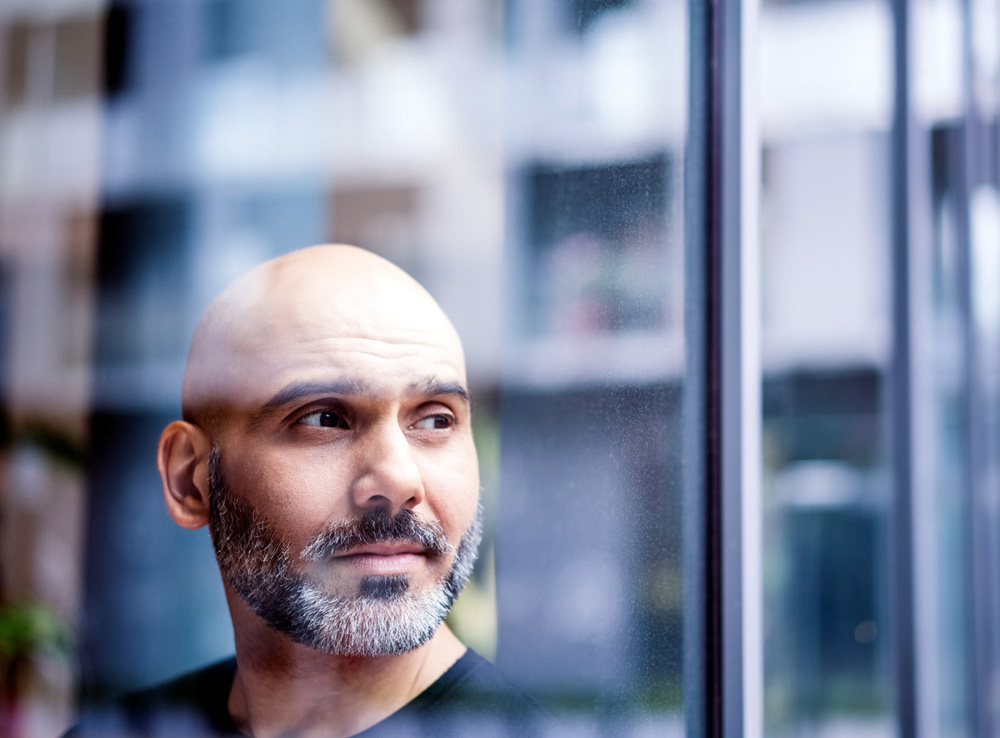- Home
- Conditions we treat
- Genitourinary cancer
- Bladder cancer
What is bladder cancer?
What is bladder cancer?
Bladder cancer occurs when abnormal cells in the bladder grow in an uncontrolled way.1 The bladder is a small organ located in the pelvis that stores urine.1
Superficial bladder cancers only affect the inside lining of the bladder, whilst invasive bladder cancers occur when the cancer spreads into the muscle wall of the bladder, or into other areas of the body.1,2
There are three main types of bladder cancer, which are named after the cell type where the cancer first develops.1,2
- Urothelial carcinoma (or transitional cell carcinoma) – this type is the most common type of bladder cancer and develops in the urothelial cells found in the inside layer of the bladder wall; this type can also occur in the ureters and kidneys, and can spread into the bladder muscle wall and to other parts of the body
- Squamous cell carcinoma – this type begins in the thin, flat squamous cells that line the bladder, and can be invasive
- Adenocarcinoma – this is a rare type of bladder cancer that develops in the glandular cells that line the bladder and can be invasive
Common symptoms of bladder cancer may include:1,2
- Blood in the urine (haematuria)
- Sudden change in urine colour – slightly rusty to bright red
- Change in frequency of urination
- Pain or burning when urinating
- Not being able to urinate when needed
- Pain in one side of the lower abdomen or back (considered less common)
If you have one or more of these symptoms, it doesn't necessarily mean that you have bladder cancer. You should make an appointment with your GP or specialist for a check-up and to discuss any concerns you may have.1,2
The causes of bladder cancer are not fully understood, but different risk factors may increase the risk of developing bladder cancer. These risk factors may include:1,2
- Smoking
- Older age – most people diagnosed with bladder cancer are aged over 60 years
- Sex – men are more likely to develop bladder cancer than women
- History of bladder or urinary tract infections or untreated bladder stones
- Exposure to certain chemicals used in some workplaces
- Drinking water with high levels of certain chemicals such as arsenic
- Family history and certain genetic factors
- Use of urinary catheters over a long period of time
If you have any questions or concerns about bladder cancer risk factors, please talk to your GP or specialist.
Make an enquiry
Contact GenesisCare to find out how we may be able to help you.
Diagnosis
Diagnosing bladder cancer
To diagnose bladder cancer, doctors will assess symptoms, perform a physical examination, and run some tests. Tests may include:1,2
- Urine tests – also called a urinalysis, this test looks for blood in the urine or infection in the bladder, and urine may be examined under a microscope
- Cystoscopy – a thin tube with a camera on the end (called a cystoscope) is passed through the urethra to see inside the bladder; this procedure is done under local or general anaesthetic
- Biopsy – during a cystoscopy, a small amount of tissue may be removed and examined under a microscope for signs of cancer
- Imaging scans – ultrasound, x-ray, computerised tomography (CT), or magnetic resonance imaging (MRI) may be used to help detect bladder cancer or assess if it has spread; some imaging may involve injecting dye into a vein to help show up the areas of interest
If bladder cancer is diagnosed, tests may be performed to determine how far the bladder cancer has progressed.1,2
Bladder cancer may be classified as:
- Non-muscle-invasive bladder cancer (NMIBC), which means the cancer is found only in the bladder lining.
- Muscle-invasive bladder cancer (MIBC) describes cancer that has spread into the bladder wall or the tissue surrounding the bladder. Advanced bladder cancer indicates that the cancer has spread into other organs or lymph nodes in the body.1

Find a doctor
Search for bladder cancer specialists in your state.
Treatment options
Treatment options for bladder cancer
Treatment for bladder cancer depends on a range of factors including the type, stage, and severity of cancer, as well as the patient’s general health, age, and personal preferences.2
Treatment options may include:1,2
This treatment uses medications, usually given by injection or tablet, to help kill cancer cells or slow their growth and spread; chemotherapy can be used in conjunction with other cancer treatments.
This treatment helps a patient’s own immune system fight the cancer, with different types of immunotherapies that work in different ways used to treat different cancers.
This treatment uses a controlled dose of radiation, usually in the form of high-energy x-rays, to help kill cancer cells or slow their growth and spread.
This treatment aims to remove the cancer and is considered the main treatment for bladder cancer; surgery may also be used to create a new way for the body to store and pass urine (called urinary diversion)

All cancer treatments may have side effects. The type and severity of side effects will vary between individuals.1
You can ask your doctor for detailed information about the side effects that you may experience with any treatment recommended for you.
- Get as much rest as possible3
- Aim for a wholefood, varied diet, and we also encourage you to think about eating foods that interest you rather than what you think you should eat3
- Appetite changes are common, and you may experience taste changes or nausea. Help manage this by eating small, frequent snacks and avoiding smells that make you nauseous3
- Drink lots of water3
- Reach out to support groups and others who have had cancer treatment3
- Record your side effects in a diary or journal3
- Speak to your doctor about incorporating some gentle exercise into your weekly routine3
- It is important to acknowledge when you are fatigued and rest when you need to3
- Ask for and accept help from family, friends and neighbours3
- Be open with employers about your treatment and discuss flexible working options if you need them
Find a centre
Search for consulting and treatment locations near you.
Support services
Support services
- Cancer Council. Understanding bladder cancer. February 2022. Available: https://www.cancer.org.au/cancer-information/types-of-cancer/bladder-cancer [accessed February 2024].
- Cancer Australia. Bladder cancer. October 2023. Available: https://www.canceraustralia.gov.au/cancer-types/bladder-cancer/overview [accessed February 2024].
- Cancer Council Australia [website]. Nutrition for People Living with Cancer. Page last updated July 2022 [cited Jan. 2024]. Access: https://www.cancer.org.au/assets/pdf/nutrition-and-cancer-booklet

You are leaving our website
You are now leaving our website. GenesisCare do not control this content and therefore are not responsible for its accuracy or reliability.
Disclaimer:
This website is provided for information purposes only. Nothing on this website is intended to be used as medical advice, or to diagnose, treat, cure or prevent any disease. It should not be used as a substitute for your own health professional's advice. Any medical procedure or treatment carries risks. Before proceeding with treatment, you should discuss the risks and benefits of the treatment with an appropriately qualified health practitioner. Individual treatment outcomes and experiences will vary.



